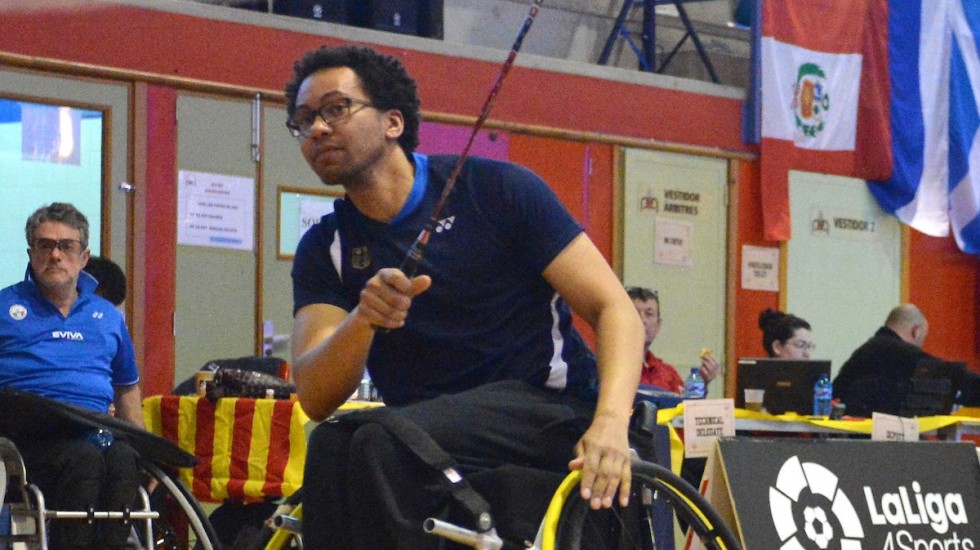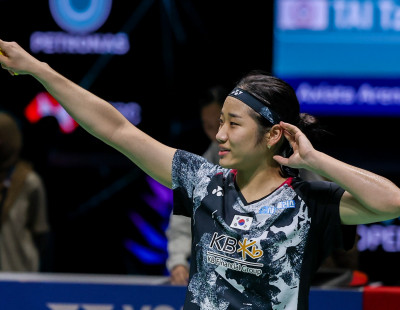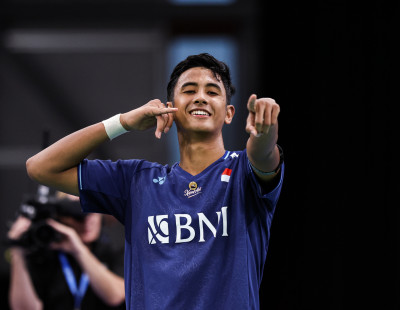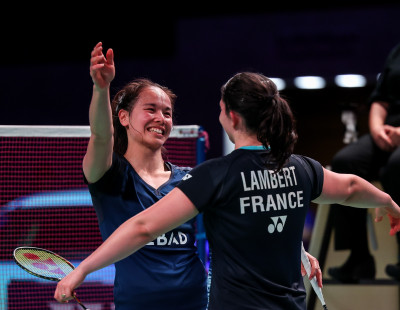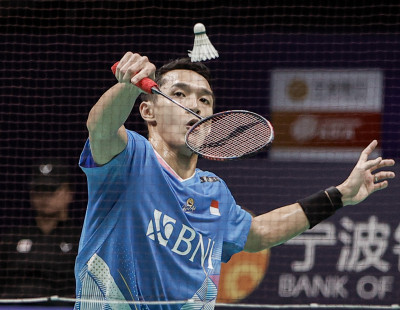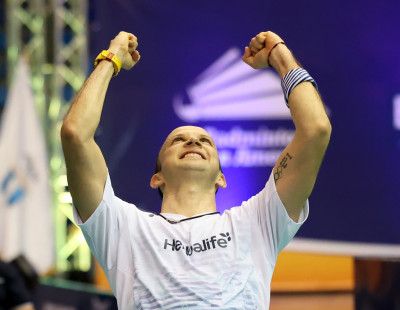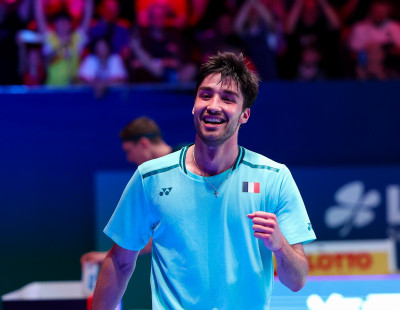The debilitating effects of a spinal cord injury wears down most people; in Rick Hellman’s case, it provoked him into doing a PhD seeking solutions for complications arising from such injuries.
The German, a WH 2 Men’s Singles and doubles player at the ongoing Spanish Para-Badminton International 2018, suffered a spinal cord injury when he was 10. He’d been an active child, hoping to turn into a professional sportsperson, but the accident put paid to those dreams.
Following his injury, Hellman took up wheelchair fencing but gave it up when he was doing his high school diploma. During his university years he wasn’t actively into sports, but once he discovered badminton four years ago he has stayed active in the sport.
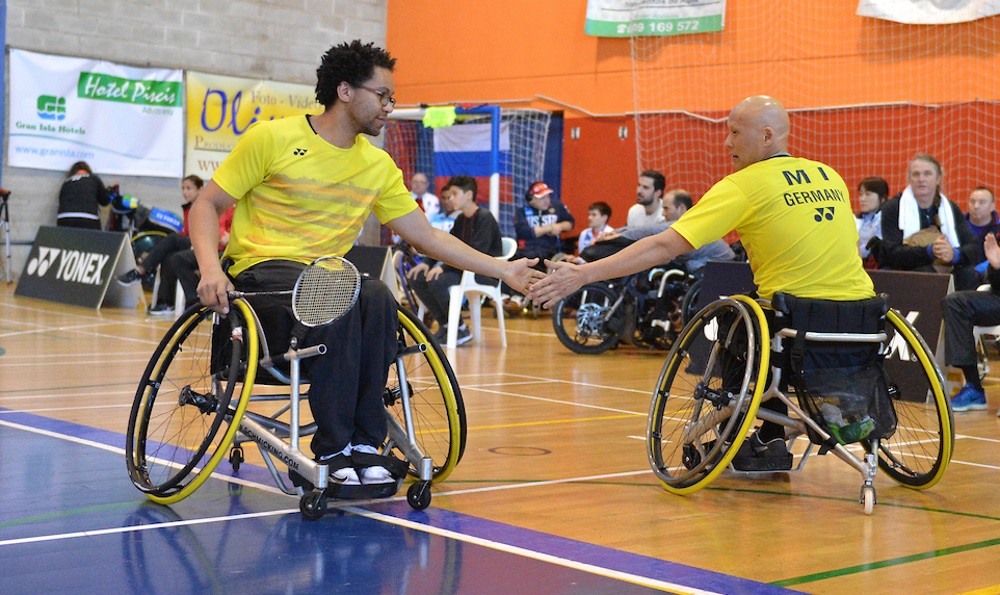
Now in his fifth year of his PhD at the Department of Experimental Neurosciences in Freie Universität Berlin, Hellman has been focussing on immune recovery after spinal cord injury.
“After an injury to the central nervous system, you get the same symptoms as someone suffering a stroke or traumatic brain injury,” Hellman explains. “The brain, which the spinal cord sort of belongs to, and the immune system are in constant communication. They have several different pathways, where the brain regulates the immune system. So if this regulation is disrupted, then the communication is faulty.
“The immune system almost shuts down completely after spinal cord injury, and my group is working on finding a predictive measure as to when the patient would be most likely to get an infection. If there is an infection during the recovery period from such an injury, stroke, or traumatic brain injury, then the end point of recovery is lowered. So over a lifetime, those patients don’t recover as much as people who stay healthy during their recovery period.”
Hellman’s research has also helped him deal with his injury and therapy.
“Surprisingly enough, when I had the injury, I wasn’t taught about a lot of things, like shifting my weight to avoid injury, or the consequences of missing sensation – like you could burn yourself and things like that. And I had first hand experiences of those things.”
Hellman’s previous experience with fencing does help him in badminton. There are similarities, he says, between the two sports – “In both, it’s the dominant right hand. The movements are somewhat the same – back-and-forth. My experience in fencing does help me reach for the shuttle. A sabre is very heavy, much heavier than a badminton racket, and that has helped me as well.”
The German is hoping to play as many tournaments as possible to qualify for the Tokyo Paralympics. “I hope to finish my PhD this year. I hope to get it out of the way in time for Tokyo (Paralympics). I’ve finished my experiments; I’m just writing up my thesis now.”


















